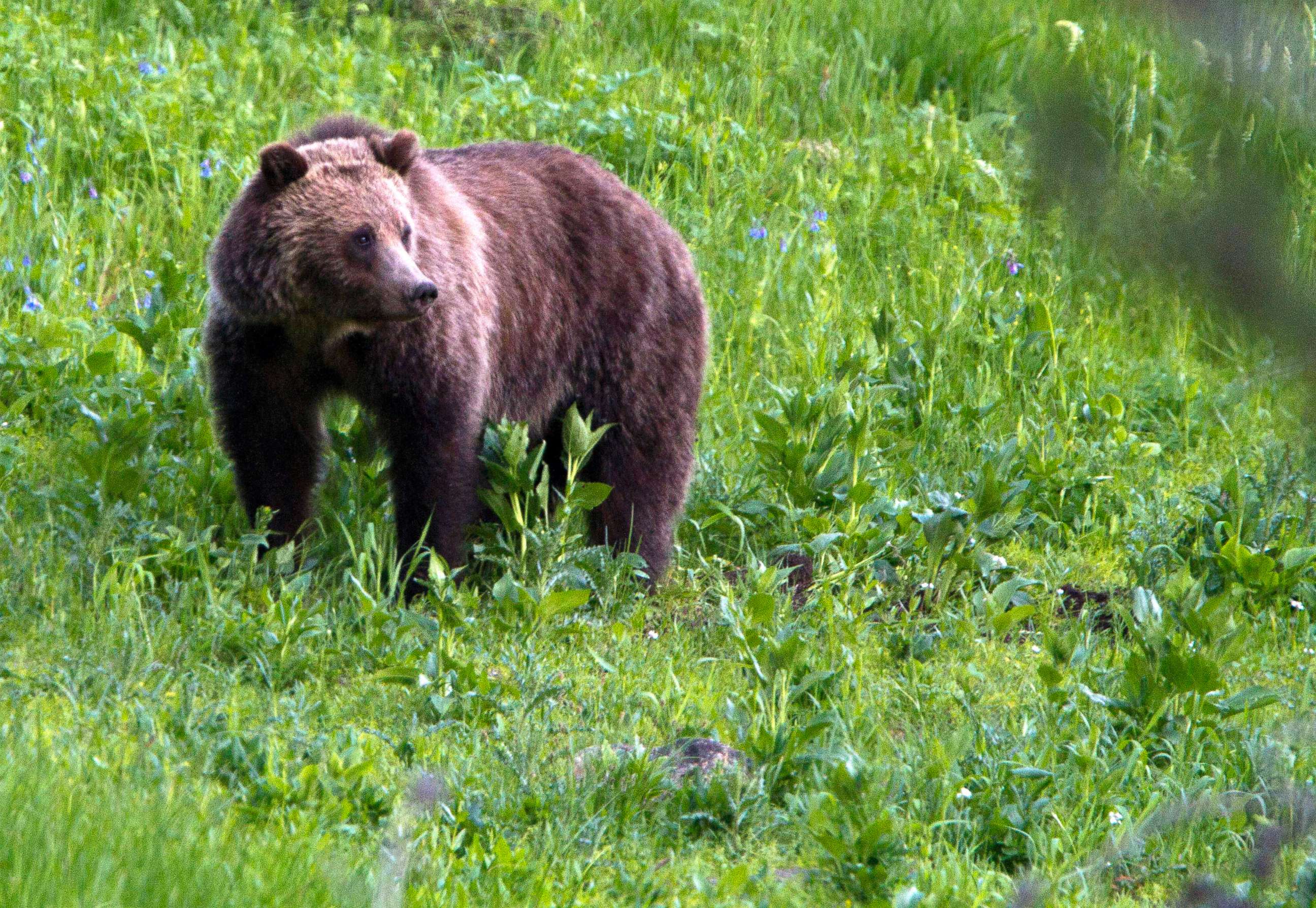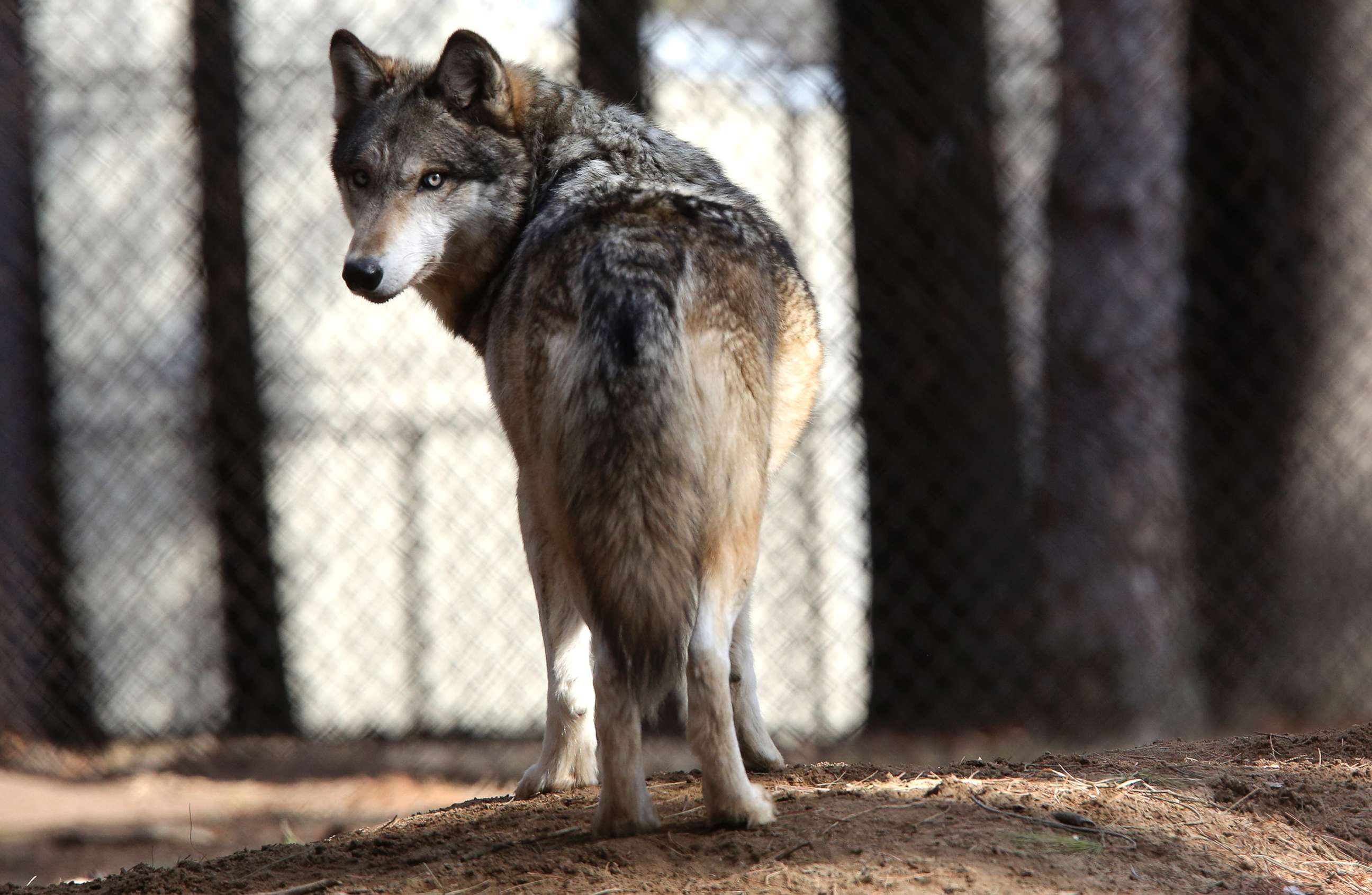Lawmakers working to support administration efforts to overhaul Endangered Species Act
House and Senate Republicans are working to bolster the Interior Department.
As the Trump administration moves closer to undoing protections for endangered species that conservation groups say could “slam a wrecking ball” into wildlife preservation, Republican-led efforts to bolster the agencies’ efforts are quietly making their way through both chambers of Congress.
Supporters say the surge of legislation, which includes more than a dozen bills and amendments, will help modernize the Endangered Species Act, while detractors, including environmental advocacy groups, warn they will weaken it.
“They’re not updating the law. They’re gutting its protections,” Rebecca Riley, a legal director at the Natural Resources Defense Council, told ABC in an interview.
Passed in 1973, the Act provides states with financial assistance and incentives to prevent the extinction of native and foreign animals. It is credited with preventing the extinction of distinctly American species including the bald eagle, taken off the Endangered Species list in 2007, and the grizzly bear, delisted just last year.

But sponsors of the measures, which include a nine-bill package from the House Western Caucus, say the Act is well overdue for an overhaul, citing the difficulty with which species can be removed from the endangered list and what they say is the rigidity with which the laws are enforced nationwide despite environmental differences state-by-state.
“It’s past time for reform. The law needs to be updated to ensure it maintains its original intent and focus of species recovery and not simply serve as a tool for endless litigation,” Rep. Rob Bishop, R-Utah, a caucus member and the chairman of the House Natural Resources Committee, said in a statement.
The bills are intended to compliment changes the Interior Department announced last week it was considering, including the removal of a specific ban on considering the cost of protecting a species, though the law would still say that decisions should only be based on scientific data. Another change proposed by the U.S. Fish and Wildlife Service would revoke a policy that gave blanket protection to all species in a category like "threatened" or "endangered" and instead create specific rules for how each species under such listings should be handled.
Opponents of the regulatory changes have said there was room to work on bipartisan reform that championed increased collaboration and voluntary conservation efforts.
“But instead, these proposed rollbacks would remove long-standing protections, let industry’s cost calculations determine if a species deserves protection, and lead to more costly and needless litigation,” Sen. Tom Udall, D-N.M., said in a statement.
Among the nine House Western Caucus proposals is one that, as written, would “authorize the Secretary of the Interior to de-list species when he receives an objective, measurable, and scientific study demonstrating a species is recovered.”
Several would focus on giving states more input in decisions about Endangered Species Act listings.
But Riley said those efforts would weaken the law overall, arguing that states do not have the resources needed to do the conservation work the law requires, even as the federal budget for the ESA keeps dwindling. According to a 2016 study by the Center for Biological Diversity, the Fish and Wildlife Service receives only 3.5 percent of what is needed to effectively protect endangered species.
“It would make a bad situation worse,” she said.
Riley also said the bill about basing classifications on “an objective, measurable and scientific study” could open the door to powerful interest groups commissioning their own studies that come to conclusions favorable to the industry underwriting them.
“We all know that industries fund scientific studies all the time. That bar would be incredibly low,” Riley said.

Groups supporting the House package include the American Exploration and Mining Association, the American Farm Bureau, American Petroleum Institute and the Independent Petroleum Association of America.
“The ESA has become a tool of environmental groups that oppose responsible mining, productive use of the land, and job creation. The ESA has proved to be ineffective at protecting and recovering species,” the American Exploration and Mining Association said in a letter about the proposals.
Sen. John Barrasso, R-Wyo., the chairman of the Senate Environment and Public Works Committee, has introduced a companion bill in the upper chamber.
“When it comes to the Endangered Species Act, the status quo is not good enough,” he said in a statement released July 2nd. “We must do more than just keep listed species on life support - we need to see them recovered.”
In addition to the standalone House bills, the House Western Caucus also added a suite of amendments to the annual bill funding the Interior Department that deal directly with endangered species, including provisions delisting gray wolves and prohibiting the use of funds for reintroducing grizzly bears into certain areas of Washington State.
“This important legislation streamlines and improves multiple processes within public land management agencies and reverses numerous burdensome regulations from the Obama Administration,” House Western Caucus chairman Rep. Paul Gosar, R-Ariz., said in a statement.
There is also a provision in the House-passed defense bill, the NDAA, that would specifically prohibit two species of birds, the greater sage grouse and the lesser prairie chicken, from being put on the endangered species list for at least ten years. The House bill must still be merged with the Senate’s version, but supporters of the measure are optimistic it will survive this year when it has perished in previous versions, because Sen. John McCain, R-Ariz., who had previously shepherded the bicameral negotiations, is out of Congress focusing on his battle with cancer.
Sen. James Inhofe, R-Okla., is leading negotiations in his place and is seen as much more open to including the endangered species provision in the NDAA. The measure would also prevent a third species, the American burying beetle, from getting protected. One of the beetle’s current protected habitats is in Inhofe’s home state. Spokespeople for Inhofe did not respond to a request for comment.
ABC News' Stephanie Ebbs and John Parkinson contributed to this report.




